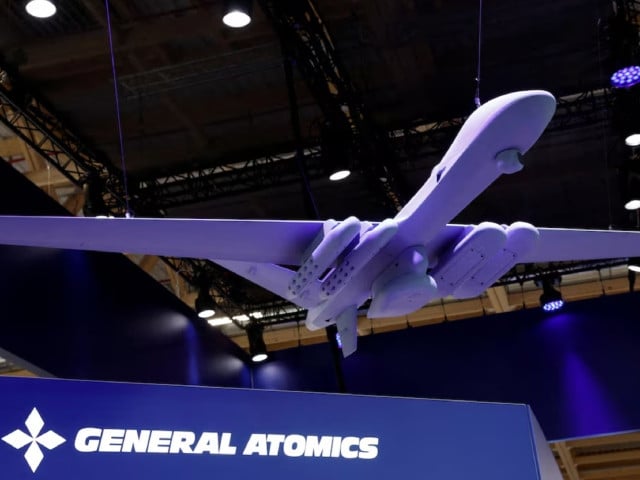India is on the verge of sealing a major defense agreement with the United States, marking a significant step in strengthening its military capabilities amid growing Chinese activity in the Indo-Pacific region.
The deal, worth $3.9 billion, will see India acquire 31 MQ-9B “Predator” attack drones, a move aimed at bolstering its defense and reconnaissance capabilities.
The Indian Ministry of Defense is currently finalising the proposal, which is expected to receive approval from the government’s Security Committee, chaired by Prime Minister Narendra Modi.
The deal, which includes logistical support, maintenance, and repair provisions, is anticipated to be signed in October.
This timeline coincides with Modi’s upcoming visit to the US for the Quad leaders’ summit in September.
Although the agreement does not include direct technology transfers, a key aspect is the assembly of the drones in India. General Atomics, the manufacturer of the MQ-9B drones, has committed to sourcing over 30% of the components from Indian companies.
This move not only strengthens India’s defense capabilities but also aligns with the country’s goal of enhancing its domestic defense manufacturing industry.
Furthermore, General Atomics will provide expertise to support India in developing its own high-tech drones, boosting India’s defense autonomy.
The MQ-9B “Predator” drones are designed for long-range intelligence, surveillance, and reconnaissance (ISR) missions and are capable of targeting both surface and underwater threats.
Equipped with advanced weaponry, including 170 Hellfire missiles and 310 GBU-39B guided bombs, these drones will enhance India’s ability to conduct reconnaissance and long-range strike missions.
They can operate at altitudes of over 12,000 metres and fly for nearly 40 hours, making them highly effective for sustained operations in contested areas.
Of the 31 drones, 15 will be allocated to the Indian Navy, with the remaining units divided between the Army and Air Force.
The Indian Navy also plans to equip these drones with indigenous short-range anti-ship cruise missiles, developed by the Defence Research and Development Organisation (DRDO), further enhancing their operational flexibility.
This defense acquisition is particularly significant as it comes at a time of heightened military activity in the region, with China expanding its naval presence in the Indian Ocean.
India’s efforts to modernize its military are aimed at countering growing regional threats from both China and Pakistan, both of whom are rapidly advancing their drone capabilities.
The drone deal underscores the deepening strategic ties between India and the US, which have grown stronger in recent years.
As Richard Verma, the US Deputy Secretary of State for Management and Resources, recently noted, the US-India partnership is entering an era of greater convergence, particularly in defense and security cooperation.
With this landmark deal, India is poised to significantly strengthen its military readiness in the Indo-Pacific region.



